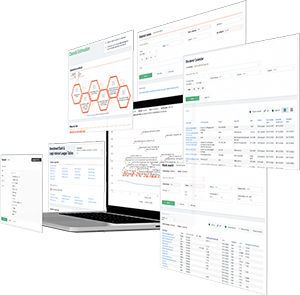|
Nigeria has the second largest economy in sub-Saharan Africa. Overall, despite the negative effects of the global financial crisis in recent periods, Nigeria’s economy has continued to experience significant GDP growth.
Real GDP grew 7.53 per cent. in the first half of 2010, 6.96 per cent. in 2009, 5.98 per cent. in 2008 and 6.45 per cent. in 2007. This growth was largely attributable to the continued growth in non-oil GDP, which grew 8.32 per cent. in 2009, 8.95 per cent. in 2008 and 9.52 per cent. in 2007. Overall GDP growth for 2010 is estimated at 7.85 per cent. The Government plans to reinforce economic growth in future periods by encouraging non-oil private sector growth, which it plans to facilitate through the implementation of its Vision 20:2020 plan.
Public debt management is considered to be strategic in Nigeria, and became widely accepted as such when Nigeria’s debt became unsustainable and a constraint on economic growth in the 1990s and early 2000s. In recognition of this, the Government established the DMO to serve as a central body for managing public debt. According to the DMO, as at 31 December 2010, Nigeria’s external debt was US$4.8 billion (provisional), of which US$2.8 billon (provisional) was owed by the Federal Government and US$1.9 billion (provisional) was owed by State Governments and guaranteed by the Federal Government. Further, the Government had N4.5 trillion (provisional), approximately US$29.8 billion, in domestic debt outstanding as at 31 December 2010. Additionally, in December 2010, the Federal Government entered into a US$899.5 million credit facility agreement with the Export-Import Bank of China to fund certain infrastructure projects. Drawdowns under the facility are tied to project completion milestones and as at 31 December 2010 no amounts had been drawn.
|












